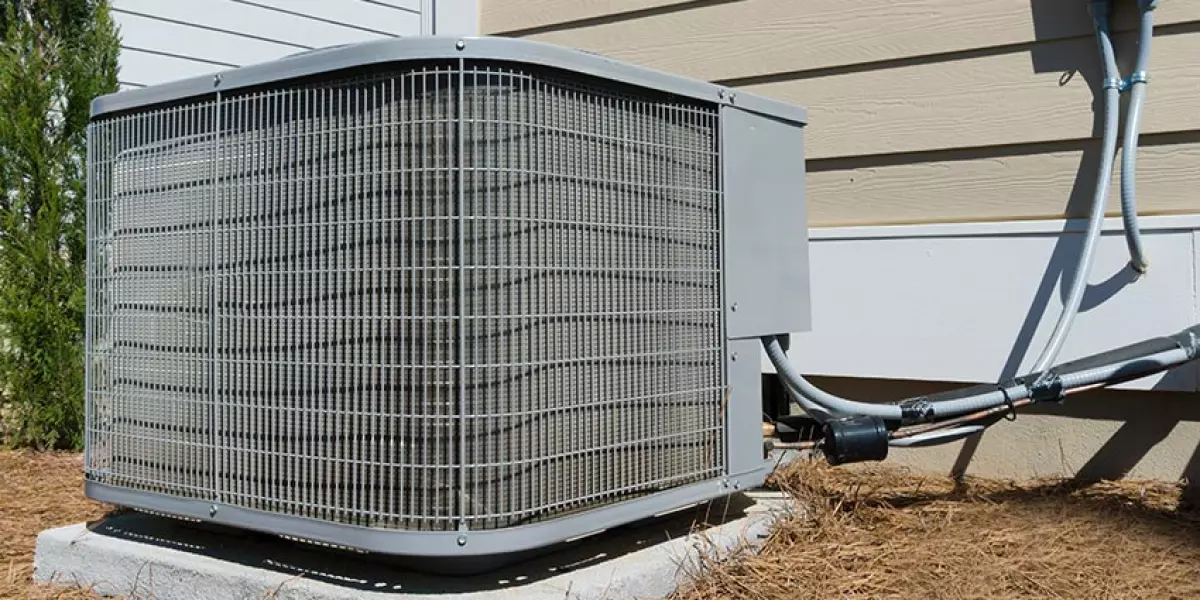
HVAC Troubleshooting: Why Your AC Unit is Not Cooling
When your air conditioning unit is running, but not producing cool air, it can be frustrating. There are several potential causes for this problem, some of which can be easily fixed by homeowners. However, if the DIY options don't work, it may be necessary to call in a professional HVAC technician for further diagnosis and repair.
Easy Fixes
Before jumping to conclusions, it's important to check for common sources of malfunction that can decrease air conditioning efficiency. Here are some quick and easy steps to follow:
- Ensure that all windows and doors are closed.
- Check that your supply and return vents are open and unobstructed.
- Set your thermostat to cool and turn it down below room temperature.
- Turn off any humidifiers.
- Look for a red reset button on your outdoor unit near the refrigerant line and try pushing it. Sometimes a simple system reset can solve the problem.
Basic Maintenance
Regular maintenance is crucial for increasing the energy efficiency and cooling output of your air conditioner. Neglecting maintenance can lead to higher energy bills and a lack of cooling during the summer months. Cleaning and inspecting different components of your HVAC unit should be done regularly to prevent costly repairs and replacements.
 Regular maintenance helps prevent costly repairs
Regular maintenance helps prevent costly repairs
Cleaning and inspecting your air conditioner should be done at least every other month, or more frequently during warmer seasons when the unit is working harder. This routine will ensure optimal performance, reduce repair costs, and extend the lifespan of your HVAC system. If you're unable to incorporate maintenance into your routine, consider hiring a licensed HVAC technician to handle it for you.
Maintenance Tasks to Complete
If you decide to tackle the issue on your own, there are several areas to check and maintenance tasks to complete. Pay attention to the following:
1. Clean Your Filter
Turn off the power to your HVAC unit and locate the air handler cabinet. Your filter should be easily accessible from the front door. Consider investing in a washable filter, which can last up to 15 years. Cleaning or replacing the filter can improve airflow and increase your air conditioner's cooling capacity.
2. Clean the HVAC Interior
Clean out the condenser, evaporator, filters, and coil. A dirty and clogged HVAC unit can restrict airflow and decrease overall efficiency. Over time, this can lead to an overheated compressor and costly repairs. Regular cleaning will help your air conditioner work efficiently without any issues.
3. Check Your Electrical Wiring
Electrical problems account for a significant percentage of HVAC repairs. Examine all the wiring within your unit, especially the connections to outlets. If you encounter a tripped breaker or blown fuse, it's time to call an electrician for assistance.
4. Check Your Ductwork
Properly sealed and intact ductwork plays a critical role in delivering cooled air throughout your home. Cracks or poor sealing can result in inefficient air distribution. Thoroughly inspect your ductwork to ensure it is efficiently routing the cold air to the appropriate destinations.
5. Check for Refrigerant Leaks
Refrigerant is essential for absorbing indoor heat and releasing it outside. Over time, refrigerant may develop small leaks or deteriorate due to age. These leaks can significantly affect your HVAC system's performance. If your air conditioner still doesn't cool despite performing basic maintenance, scheduling a technician to check the refrigerant levels is recommended.
Working With an HVAC Company
If the performance of your system doesn't improve after performing these maintenance measures, it's time to call a certified HVAC technician. However, not all technicians are equally reputable, so it's important to do your research. Ask for recommendations from friends and family, read online reviews of HVAC companies in your area, and ensure that the company has a 24-hour emergency number and sufficient staff to handle your needs even during the hottest summer months.
Taking the necessary steps to troubleshoot and maintain your HVAC system will ensure that it operates efficiently, keeps you cool, and avoids unnecessary expenses.












